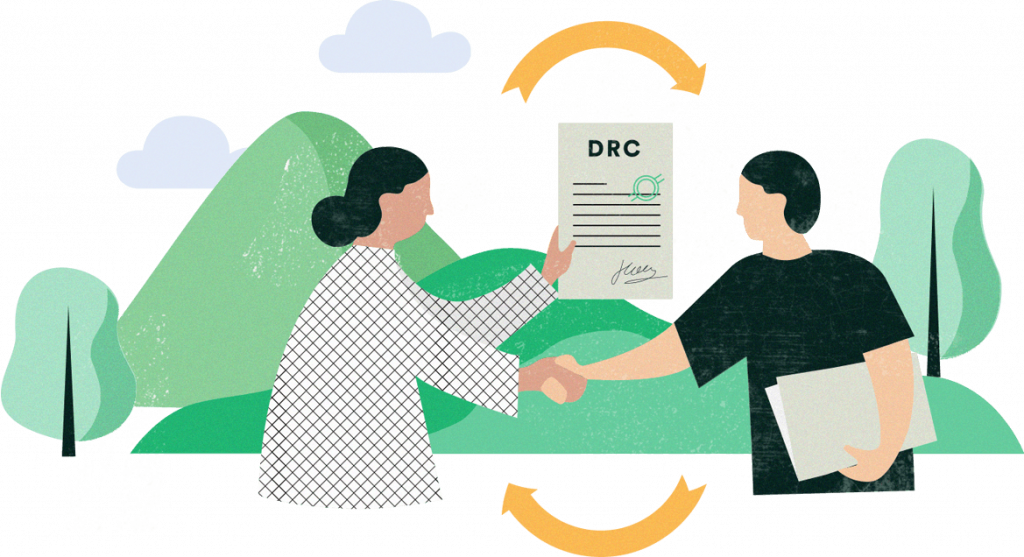Conservation agreement: Derecho Real de Conservación
The Derecho Real de Conservación (DRC) is a legal tool that was passed unanimously by the Chilean Congress in 2016. The DRC enables private landowners to take long-term action to protect the conservation, ecological, scenic, cultural, historic, and sustainable land use attributes of their properties, while continuing to own, live on, enjoy, sell, or pass on their property to their heirs.
